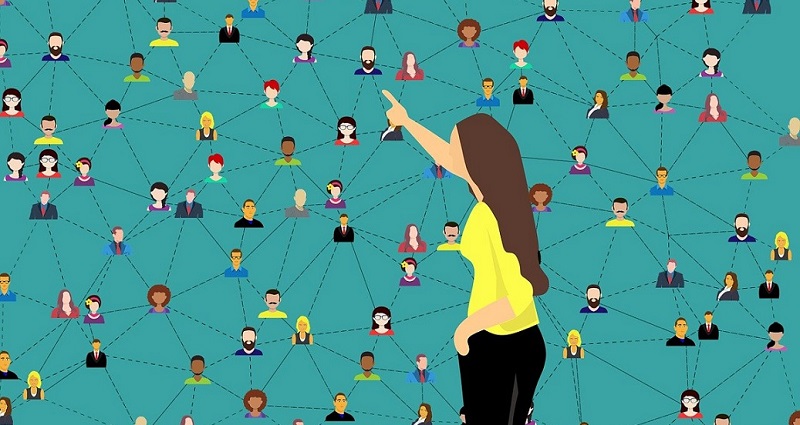
When social networking sites like Myspace and Facebook were originally established, a large part of the appeal was that people would be able to find long lost friends, family members, even loves.
It was a digital meeting place perfect for reconnecting.
But with the outcry over issues in privacy with social networking sites in the last handful of years, many of these sites have tightened their security so much that making connections with people with whom you don’t have friends in common has become extremely difficult.
To address this issue, there has been a growth in “people search” websites – a type of online search engine which specifically searches for individuals and their personal information. Examples of these sites include:
A Search Engine for People?
According to Abine, a designer of tools and software that helps protect people’s privacy online, there are two different types of people search sites: primary and secondary.
A primary people search site will receive its information directly from public record sources, and may even do some human legwork to acquire information directly from courthouses and other sources.
Most of the websites that people deal with online, however, are considered secondary people search sites. These sites work as aggregates – they send electronic signals out over the internet to capture information about people.
They will take this information from anywhere they find it: primary people search sites, social networking sites, online forums, even marketing databases. Secondary sites are known for being inaccurate.
What Information Can Be Found About Me?
Public records actually include a wide variety of data, much of which you may not actually want to be visible to the public.
These records include:
- Birth and Death Certificates
- Marriage Licenses and Divorce Decrees
- Home Addresses and Phone Numbers
- Real Estate Transactions, including Property Appraisals
- Driver’s License Information
- Voter’s Registration
- Lawsuits and Legal Actions that have Not Sealed by the Court
- Criminal Records
In addition to these official records and documents, secondary sites will also publish a compilation of information found on other websites and areas of the internet, which is why they have trouble with accuracy.
Your records could easily be mixed up with someone’s of a similar name, or information you filled out in a casual setting may be inappropriately used as a source of reliable information.
The Danger
While these secondary people search sites should only really be used to look up last known contact information, there are many people and institutions that use these sites as a sort of cheap source of background information.
This means that potential employers, creditors, new neighbors, co-workers, or anyone might have access to inaccurate – or accurate – information that you would prefer they not have.
And even though most of these websites have Disclaimers or Announcements which state clearly that is illegal for an employer, creditor, or other entity to use their information to make a decision regarding potential employment, benefits, or otherwise, that isn’t a really a secure safeguard for you when it comes to your information.
How to Protect Yourself
Most secondary people search sites provide an option that lets people “opt out” of having their information published on the site.
It is potentially time consuming to visit each site and manually fill out their forms and requests to have your information removed, but it may be worth it.
If a site is knowingly reporting inaccurate information about you or does not remove your info after you have requested they do so, you can report them to the Federal Trade Commission.
For those who are very serious about protection, you can purchase privacy software that can stop companies from tracking and accumulating your online data.
Many of the major internet browsers also provide free applications and extensions that will help protect your privacy – simply identify the browser you use most frequently and search what options are available to you.
Finally, you should also try and take the time out to ask yourself “Is this really worth it?” whenever inputting personal information about yourself online and on social networking platforms.
The type of information you share freely online has a large impact not only on issues of mistaken identity but also on your risk of identity theft; to learn more, please see How to Protect Yourself from Online Identity Theft.